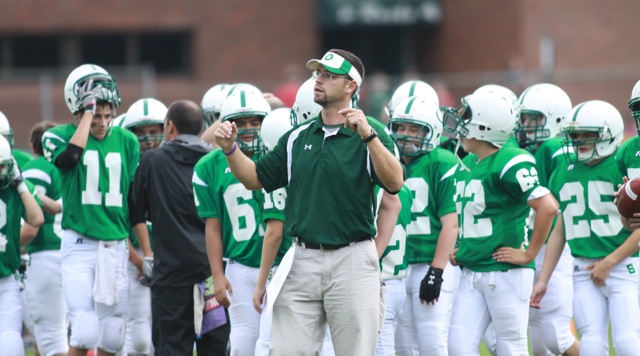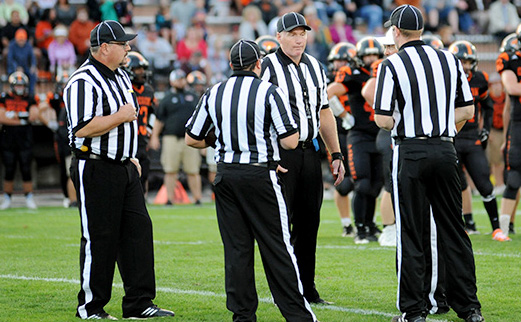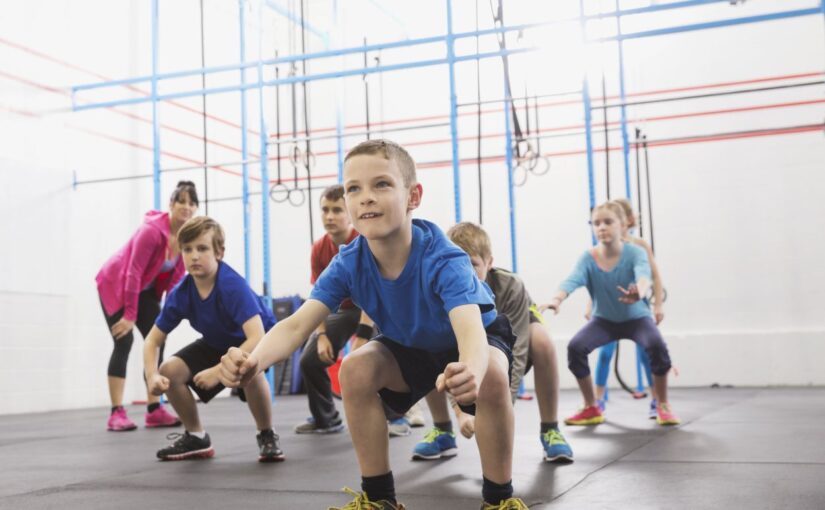If you unwrapped a new composite baseball bat for Christmas, you might want to dig for that sales slip.
The Virginia High School League has banned almost all composite bats – some selling for as much as $400 at sporting goods stores in the region – for the upcoming season.The shocking sticker price will be matched by the shocking penalty a player would get if he walks to the plate with a composite bat this spring: ejection from the game, plus a two-game suspension. In a regular season that lasts 20 games for public schools, that’s hefty.
Tom Dolan, assistant director of the VHSL, said the move was rooted in concern over how fast a pitched ball rockets off some high-tech bats.
“You have to decide,” Dolan said. “Do you want to err on the side of player safety? Or would you prefer to not tick off a bat manufacturer? I know where I’m going to come down on that issue.”
The problem is that the decision has not been as clear cut on the national level. The National Federation of State High School Associations has had a hard time deciding where it comes down. In July, it ruled against all composite bats, only to soften its stance a few months later to allow a limited list of them into play.
Virginia, Tennessee and California are the only states not going along with the softened stance. Kentucky was set to make a stance like Virginia’s but last week opted to abide by the NFHS’s latest ruling.
In light of Kentucky changing its mind, Dolan issued a statement Tuesday stating that the VHSL was standing firm on its decision.
With the NFHS playing by one set of rules and Virginia playing by another, confusion reigns locally even as the baseball season approaches and players are out buying bats.
The only composite bats that will be allowed this season by the VHSL will be the new generation bats that are stamped “BBCOR certified.” In 2012, high school baseball across the country will scrap its current BESR certification and adopt a new BBCOR certification.
For now, however, most are leery about buying a bat whose performance may be inferior to the bats that have ruled home plate for the last decade.
This rules merry-go-round has coaches scratching their heads.
Two of four South Hampton Roads coaches queried had difficulty articulating their understanding of what bats are allowed in Virginia. All expressed concern about the confusion.
“They’ve altered the rulings on three or four occasions, and it’s becoming impossible to keep up,” Great Bridge coach Wiley Lee said. “I’m going to have a lot of angry parents who will say, ’But you told us to buy this bat.’ “
Aluminum bats have long been a source of contention. They are cost effective because they last longer than wood, but they also can hit a baseball harder and have a larger “sweet spot.”
For years, manufacturers have tried to outdo the competition, creating bats that are advertised to generate more power than the other guy’s bat. Composite bats, however, do something the typical bat can’t: They seem to get better with age.
“Some of these bats were performing better six months after they were initially purchased,” University of Virginia baseball coach Brian O’Connor said.
When the NFHS made its initial decision against composite bats in July, many manufacturers had already rolled out a number of high-end composites for the 2011 high school season. And those bats remain on the market.
Dick’s Sporting Goods in Virginia Beach and The Sports Authority in Norfolk both had DeMarini CF4s – a top-of-the-line bat that retails for $399.99 – and a number of other composite bats on their bat racks for sale in recent weeks.
When informed that the CF4 was not allowed to be used in Virginia, one store manager said, “I had no idea. Can you send me an email of the list of illegal bats?”
For players buying online, the situation can be even more confusing. The Easton Speed II did not make NFHS’s list of bats that are OK in 2011. Yet, Easton has it for sale on its website – albeit at less than half the $419.99 it listed for when the bat was unveiled late last spring.
In small print at the bottom of the webpage is this disclaimer: “Not approved for NCAA or NFHS play.”
Dolan said he understands the furor over the recent rulings and recognizes an amateur baseball bat is “the single-most expensive item” in sports.
“It’s as expensive as the best football helmet; I understand that,” Dolan said. “The difference is that football helmets are typically purchased by the schools for the players. Most players buy their own bats.”
Indian River coach Steve West said he’s taking the highest road he can find on the matter and telling his kids this simple message: “Don’t buy a bat.”
“I’m afraid to buy a bat right now,” West said. “And the other thing is that even if you are buying a bat that’s legal, it’s only legal for one more season.”
After this year, bats that have been legal for the last decade will be obsolete because they will not have passed new certification tests.
With many in the market knowing that, bat prices have plummeted. It’s been a rough six months for Jim Ramsey and business partner Wayne Turner, who run Grand Slam in Virginia Beach.
“We sold some of the CF4s during that gray period when we thought they would be legal,” Turner said. “When Virginia made its ruling, we called the customers back who had purchased the bats and bought them back. One of them had been used pretty extensively, but we bought it back anyway.”
The rulings left Ramsey and Turner with nearly $20,000 in bat inventory they couldn’t sell.
“You put salt and pepper on that and try to eat it,” Ramsey said.
Grand Slam has emptied its shelves of almost all new composite bats but still carries a few CF4s.
“We do get some business out of North Carolina,” Turner said. “And the bat is still legal there.”
Dolan said he has received “almost 1,000 emails and voicemails concerning the bats since the rulings were made over the summer. In the last three or four weeks, I’ve been getting 15 to 20 a day.”
Even the umpires fear the impending firestorm. “I can see it now,” said Jim Smith, commissioner for umpires in Southeastern Virginia. The umpires “are going to end up carrying cheat sheet books with the list of legal and illegal bats.”
First Colonial coach Scott Stubbe said he just hopes he doesn’t have a kid walking the hallways “thinking that the new bat he has might give him an edge at tryouts.”
“While you might have a grip on what your returning players are doing, you have no idea what some of the freshmen or sophomores new to your program might be doing,” Stubbe said. “The kids are naive to the facts, and I’m sure there’s someone out there who got a bat for Christmas and is out there swinging it right now. And they won’t get their money back.”







